Swiss ski resorts less sexy for Europeans
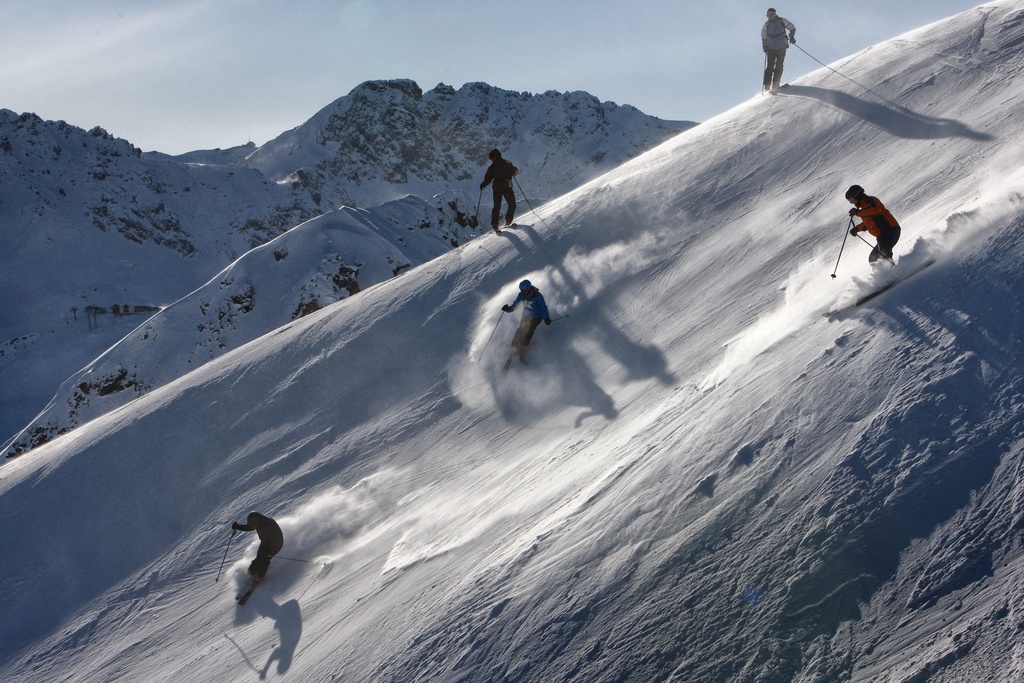
Swiss ski tourist resorts are forecasting another chilly winter with overnight stays expected to fall by 2.6 per cent as the strong franc continues to put off visitors.
Although the British invented the sport of skiing in Switzerland, they are now expected to desert Swiss resorts in favour of cheaper countries. A recent survey by the British post office found Switzerland to be the most expensive place to ski.
The British media were quick to jump on the statistics, warning readers to “avoid Switzerland”.
Switzerland Tourism was determined to put a brave face on the rapidly falling numbers, concentrating instead on the quality and variety offered by ski resorts during a presentation on the winter season in Zurich on Monday.
The tourist board has slashed promotional spending in Britain, despite having its overall advertising budget boosted by the government. Most of the money will be spent on enticing visitors from Asia, Russia and Brazil.
Gone are the sexy adverts featuring scantily clad, muscle-bound ski instructors. Instead, British holidaymakers will be promised perfect snowfalls in a television campaign featuring an eccentric alternative weather forecaster covered in ants.
Emerging markets
Switzerland Tourism director Jürg Schmid acknowledged that times will be tough this season and next, but predicted the eventual return of European tourists, including the British.
“It is no coincidence that the British invented skiing in the Swiss alps,” Schmid told swissinfo.ch. “Our mountains are higher than anywhere else and they came here for a breathtaking experience of a lifetime.”
“The British love Switzerland and they will be back,” Schmid added.
Some ten per cent fewer British came to Switzerland in the peak summer months of 2011 compared to a year ago, and the Alps drew nine per cent fewer holidaymakers from the Eurozone.
While emerging markets plugged the gap in the summer, tourists from China, India and Brazil appear more interested in shopping than winter sports.
Fewer ski sales
A survey by the tourist board revealed that tourists from emerging economies were drawn to big Swiss cities for luxury. Visitors from the United States and Australia liked Switzerland’s cultural offerings, while Europeans placed a higher value of sport and health activities in rural areas.
Figures from the State Secretariat for Economic Affairs (Seco) confirmed a slump in the number of visitors to Switzerland in 2011 and 2012. But Seco forecasts a recovery from 2013 that will grow stronger the following year.
Sunday’s Neue Zürcher Zeitung newspaper also highlighted the plight of winter sports equipment retailers that have seen sales of skis and other items plummet in the last couple of years.
Tourism, like the export industry, has suffered the most from the strong franc that makes Switzerland more expensive to visitors from Europe and the United States.
In an effort to counter the effects of the strong franc, many resorts and hotels are offering cut-price deals, such as free ski schools for children and women during selected weeks.
Hand-outs detrimental
However, Schmid cautioned hotels against cutting prices too much for fear of placing too much pressure on profitability.
“Margins in the industry are very small and many enterprises have decreased prices when they really should not have done,” he told swissinfo.ch.
Many businesses in the tourism sector were expecting government help when a SFr2 billion ($2.3 billion) financial aid package was proposed in September.
They were to be disappointed as the final figure passed by parliament amounted to less than half that total and was mainly directed towards propping up employment schemes.
Schmid told swissinfo that an increase in the marketing budget from SFr191 million for 2008-2011 to SFr220 million from 2012-2015 was less than the tourist board had been hoping for. But he added that the money had at least been allocated to the right area.
“Some companies wanted direct government support in the shape of hand-outs,” he said. “But the best way to combat the effects of the strong franc is to boost promoting our destinations.”
These destinations offer a superior an experience to cheaper resorts, including top quality infrastructure and a range of activities, such as snow shoe hiking and health spas, according to the tourist board.
“If prices are the only criteria for visitors then they will not come to Switzerland, but if they want a better all-round experience then we hope they will re-think their priorities,” Schmid told swissinfo.ch.
Swiss hotels saw some 2.5% fewer overnight bookings in the summer as the franc powered to record highs against other currencies, virtually reaching parity with the euro.
Mountainous resorts suffered more than cities, seeing 4.8% fewer overnight stays compared to a year ago.
Seco predicts a 2.6% fall in overnight stays during the 2011-2012 winter season.
Forecasts for next year offer more bad news, with 1.4% fewer hotel bookings expected next summer. Visitors from the Bric countries (Brazil, Russia, India, China) provided some relief last summer with an increase of 27.2% and many are expected to return next year.
Overnight stays between November 2011 and October 2012 are expected to contract by 1.9% in total.
Seco is banking on the franc falling in value against major currencies from 2013, leading to a brighter outlook.
The prognosis is for overnight stays to increase by 2.1% in 2013 and 3.4% the following year.

In compliance with the JTI standards
More: SWI swissinfo.ch certified by the Journalism Trust Initiative

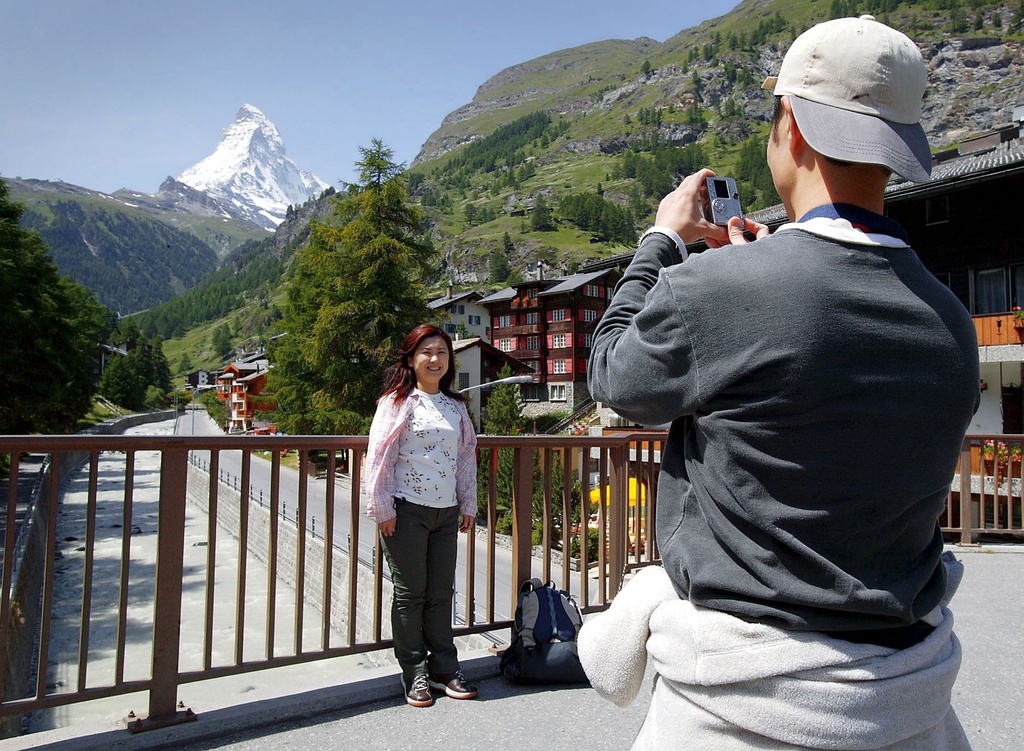
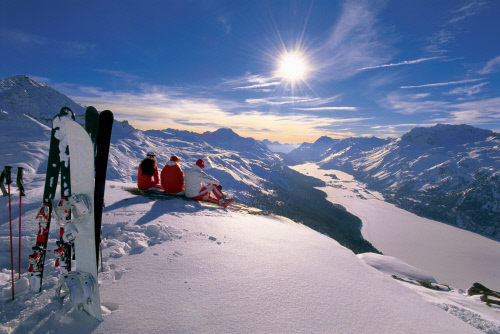
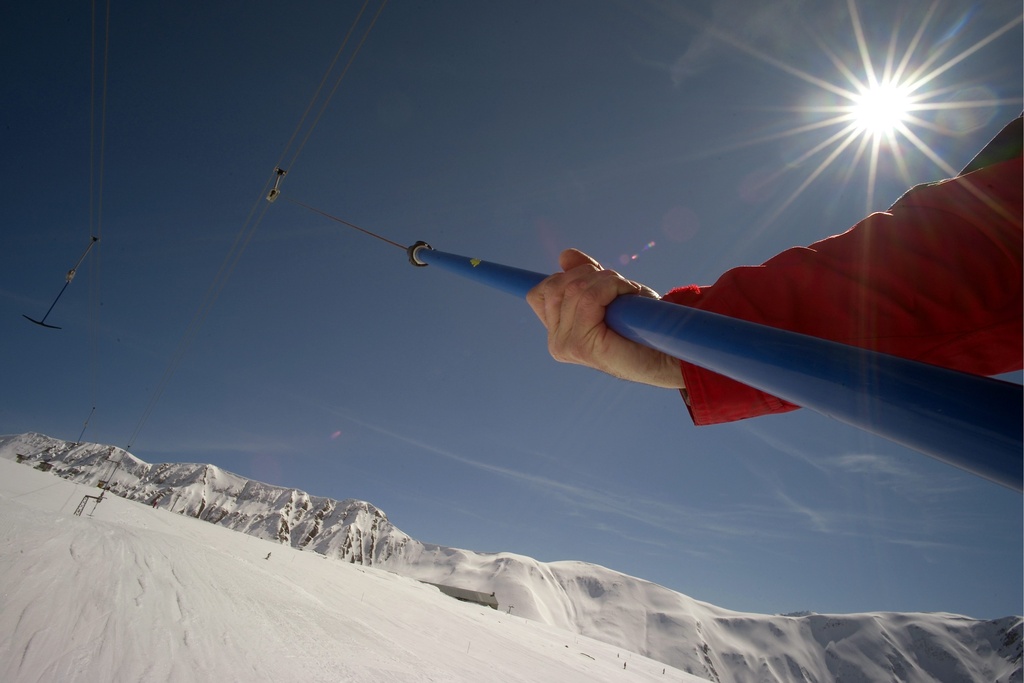
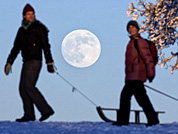

You can find an overview of ongoing debates with our journalists here. Please join us!
If you want to start a conversation about a topic raised in this article or want to report factual errors, email us at english@swissinfo.ch.